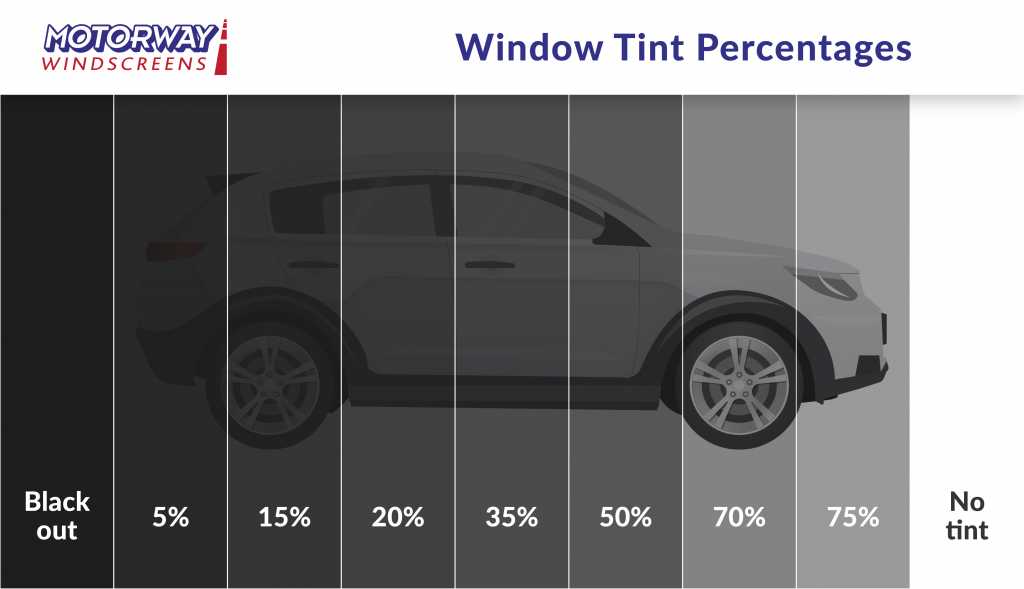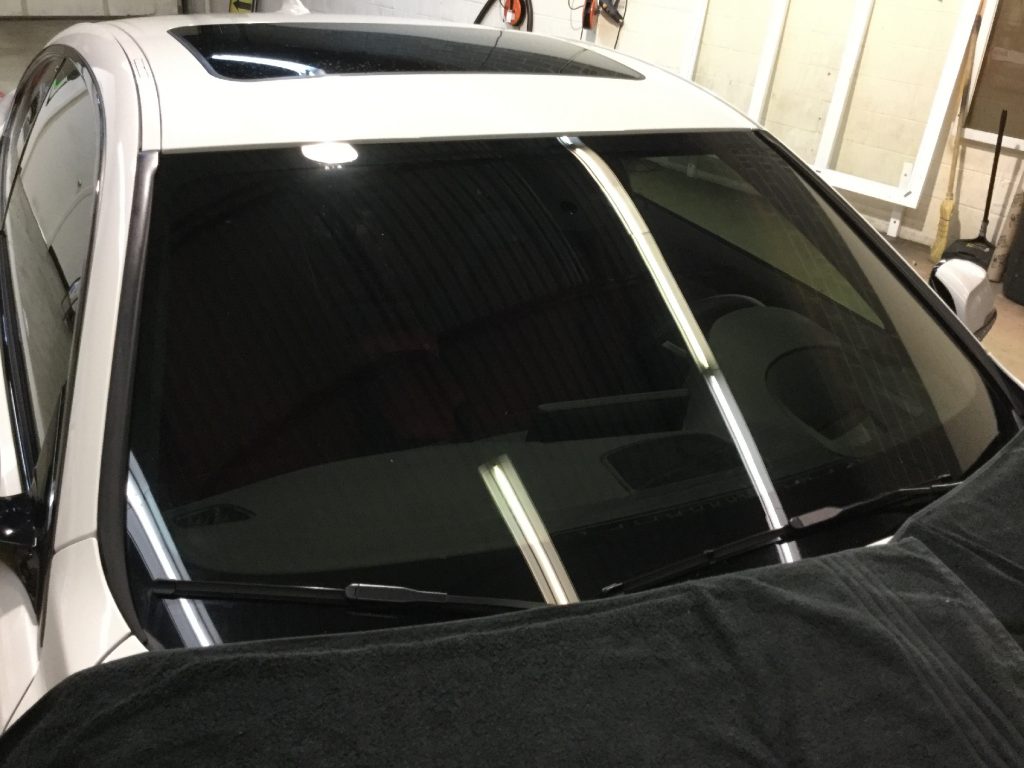Why Window Tinting Is Essential for Reducing Fading and Protecting Your Upholstery
Home Window Tinting Laws: What You Need to Know Before Tinting Your Car
Understanding home window tinting legislations is essential for any type of lorry owner considering tinting their vehicle. As you consider boosting your automobile's look and capability, it is vital to comprehend not just the lawful implications yet also the useful factors to consider that come with choosing the best color.
Significance of Comprehending Color Laws
Comprehending home window tinting regulations is critical for vehicle proprietors to ensure conformity with state guidelines. These regulations determine the permitted levels of color darkness and reflectivity, which can substantially differ from one territory to an additional. Failing to adhere to these laws can cause penalties, obligatory removal of the tint, and possible complications throughout vehicle assessments.
Additionally, understanding these laws helps vehicle owners make educated choices concerning their tinting choices. Various kinds of window movies supply different benefits, such as UV protection, warmth rejection, and glow decrease. Without understanding of the legal restrictions, automobile owners risk choosing items that might eventually lead to legal concerns.
In addition, understanding of tinting laws fosters a more secure driving setting. window tinting. Excessively dark tints can harm presence, boosting the threat of mishaps, particularly in the evening or in negative weather condition conditions. Police also make use of these guidelines to guarantee road safety and security, making conformity not just an individual responsibility but a lawful responsibility
State-Specific Tint Regulations
Each state in the united state has actually established its own details guidelines concerning window tinting, mirroring a diverse selection of standards and demands. These regulations can vary significantly, impacting how automobile proprietors approach setup and compliance. Some states allow darker tints on rear home windows while imposing strict limitations on front-side windows.
In addition, laws usually define permitted tint products and shades. Particular states prohibit reflective tints completely, while others may allow them to a restricted level. Some jurisdictions mandate that vehicles with colored windows show a sticker indicating compliance with state laws, offering a clear identification for legislation enforcement.
Enforcement of these regulations likewise varies; some states are much more proactive, conducting random checks, while others count on complaints or noticeable offenses to launch enforcement. Lorry proprietors must understand that failing to follow state-specific tint policies can result in fines, compulsory elimination of unlawful tints, or both.

Lawful Color Percentages
Figuring out the legal tint percentages is crucial for vehicle proprietors looking for to adhere to state policies. Each state has details regulations regulating just how much light should pass through the home windows of an automobile, which is revealed as a percentage referred to as Noticeable Light Transmission (VLT) This portion varies dramatically throughout states and can depend on the type of home window-- front side, rear side, and windscreen.
For example, some states allow just 20% VLT on front side home windows, while others may allow as much as 50%. Windshield tinting is frequently extra limited, with numerous jurisdictions allowing just a slim band of color at the top of the windscreen. On the other hand, rear windows commonly have a lot more lenient laws, with some states permitting darker colors.
It is necessary for vehicle proprietors to familiarize themselves with their regional legislations to avoid prospective lawful problems. This consists of understanding just how VLT is measured, as it can vary based on the type of home window film made use of. Remaining informed regarding these regulations makes sure conformity and promotes risk-free driving problems for both the car proprietor and others when traveling.
Consequences of Non-Compliance
Failing to follow home window tinting laws can result in substantial consequences for vehicle proprietors. The most instant effect is the potential for traffic stops and citations from police. Police officers educated to identify unlawful color levels might provide penalties, which can differ by territory however commonly vary from moderate to substantial amounts. Repeated infractions may bring about increased penalties, including higher fines or added points on a chauffeur's permit.

Insurer might also penalize for non-compliance, as illegal modifications can be considered as a breach of policy terms. If a case happens., this could influence insurance coverage prices or lead to problems in claims.
Inevitably, the repercussions of non-compliance extend beyond instant punitive damages; they can impact address a chauffeur's insurance coverage prices, lawful standing, and general car value, stressing the significance of adhering to neighborhood window tinting policies.
Tips for Choosing Tinting Options
When picking home window tinting choices,Understanding the effects of non-compliance highlights the value of making informed choices. Firstly, acquaint yourself with your state's specific legislations concerning color darkness and reflectivity. Each state has one-of-a-kind laws that dictate the allowable limits, so guarantee you stay within these standards to stay clear of penalties.
Second of all, take into consideration the type of color material. Choices consist of dyed, metalized, and ceramic colors, each offering varying degrees of heat being rejected, UV defense, and longevity. Ceramic tints offer premium heat resistance without interfering with digital tools, making them a popular selection.
Additionally, evaluate your key purpose for tinting. If you seek improved personal privacy, select darker colors; however, bear in mind that this might affect exposure go to the website in the evening. Conversely, if glare reduction and UV security are your major worries, lighter colors might be sufficient.
Last but not least, talk to a professional installer that is well-informed regarding local laws and can recommend premium materials suited to your needs (window tinting). Taking these factors right into account will ensure you make a well-informed choice, inevitably enhancing both your lorry's aesthetic appeals and performance
Final Thought
To conclude, experience with home window tinting regulations is crucial before applying tint to a lorry. Each state imposes specific regulations pertaining to visible light transmission portions, specifically for front-side windows and windscreens. Non-compliance can lead to significant fines, including fines and compulsory this page removal of non-conforming color. By comprehending lawful demands and picking suitable color products, car proprietors can attain aesthetic improvement while remaining certified with relevant regulations. Adherence to these standards guarantees both safety and security and contentment.
Comprehending home window tinting regulations is necessary for any kind of automobile proprietor thinking about tinting their cars and truck.Recognizing window tinting laws is essential for car owners to ensure compliance with state regulations. Some states permit darker colors on rear home windows while imposing stringent restrictions on front-side windows.
In comparison, rear windows generally have extra tolerant laws, with some states permitting darker colors. (window tinting)
In conclusion, knowledge with window tinting regulations is crucial prior to applying tint to a vehicle.